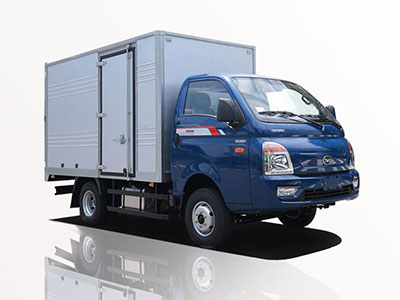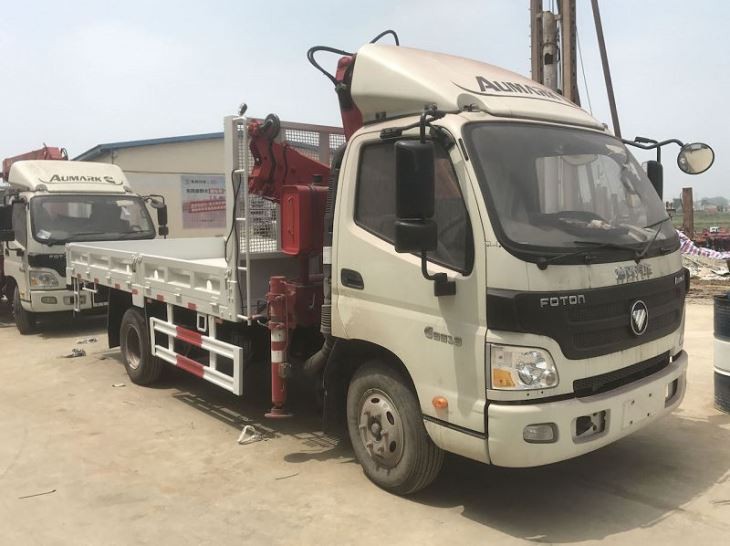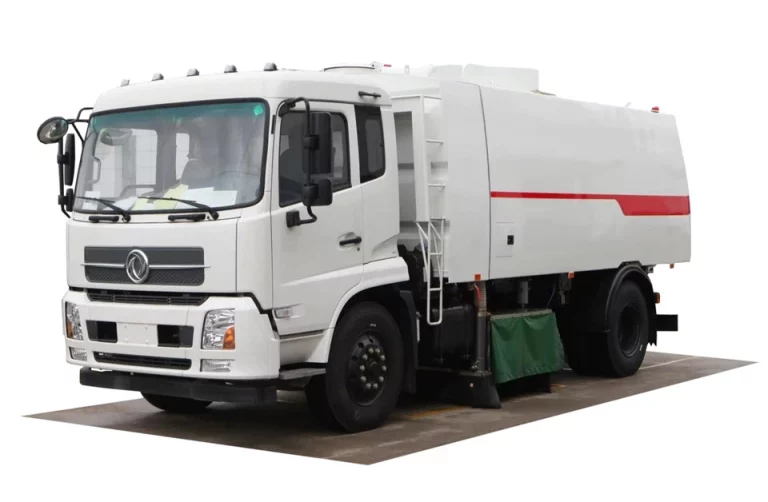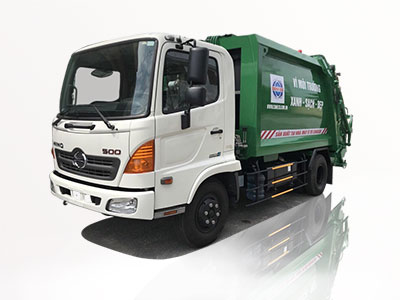Introduction
In the modern world, technology continues to reshape our daily lives and industries, and waste management is no exception. The introduction of robot trash trucks signifies a pivotal shift towards more efficient and environmentally friendly waste collection processes. These autonomous vehicles promise to transform how we think about waste disposal, offering solutions that can minimize human labor, optimize routes, and ultimately reduce emissions. In this article, we delve deep into the concept and implications of robot trash trucks, exploring their technology, benefits, challenges, and much more.
Understanding Robot Trash Trucks
Robot trash trucks, also known as autonomous garbage collection vehicles, are equipped with advanced technology that allows them to operate independently while performing waste collection tasks. These vehicles function using a fusion of sensors, cameras, AI algorithms, and machine learning to navigate streets, identify collection points, and even communicate with a network of other trucks.
How They Work
Robot trash trucks leverage various technologies to improve their functionality:
- Sensors: LiDAR, ultrasonic sensors, and cameras help the truck perceive its environment, identifying obstacles, road signs, and collection bins.
- AI Algorithms: These algorithms process the sensory data to make real-time decisions, allowing the truck to change its course or speed according to conditions.
- Communication Systems: Connected vehicles can communicate with each other and central management systems, optimizing routes and schedules.
Types of Robot Trash Trucks
Robot trash trucks can vary significantly in design and functionality. Here are some primary categories:
| Type | Description | Example |
|---|---|---|
| Fully Autonomous Trucks | Operate entirely without human intervention. | Sustainable refuse trucks in smart cities. |
| Semi-Autonomous Trucks | Require a human driver but automate certain collection processes. | Trucks that use AI to assist in route planning. |
| Side-loader Robots | Specialize in picking up bins from the side of the road. | Automatic side-loading trucks. |
The Benefits of Robot Trash Trucks
The adoption of robot trash trucks comes with a myriad of advantages, addressing several long-standing issues in waste management.
1. Increased Efficiency
Robot trash trucks can optimize routes based on real-time traffic conditions, potentially decreasing the amount of fuel consumed and time spent on routes. By streamlining operations, municipalities can serve more neighborhoods in the same timeframe.
2. Lower Labor Costs
With as much as 70% of waste collection labor costs residing in paying human operators, the automation of trucks can lead to significant savings. Fewer human drivers mean reduced labor-related expenses and risks.
3. Enhanced Safety
Robot trash trucks can minimize accidents on the roads. As they are equipped with advanced sensors, they can detect obstacles, pedestrians, and other potential hazards better than human-operated vehicles, significantly reducing the risk of collisions.
4. Environmental Impact
By improving fuel efficiency and reducing the reliance on fossil fuels, robotic trash trucks can decrease greenhouse gas emissions. Furthermore, many robots are designed to support eco-friendly waste sorting, helping to improve recycling rates.
5. Improved Data Collection and Management
With their ability to collect and report data in real time, robot trash trucks can assist cities in tracking waste generation patterns, allowing for better planning and resource allocation. This data can help inform changes in public policies regarding waste management.
Challenges in Implementing Robot Trash Trucks
Despite their numerous benefits, the transition to robot trash trucks is not without challenges.
1. High Initial Costs
Investment in robotic technologies can be expensive. The costs of acquiring, maintaining, and upgrading robotic systems can be a barrier for cash-strapped municipalities.
2. Regulatory Hurdles
Many regions still grapple with regulatory issues related to the operation of autonomous vehicles. Ensuring compliance with local laws and regulations can complicate deployment.
3. Public Acceptance
Communities may be resistant to automated systems implementing personal services, fearing job losses or technical malfunctions. Educating the public about the benefits of robotic trash trucks is essential.
4. Necessity for Maintenance
Although robots reduce some labor needs, they still require skilled technicians for repairs and maintenance. Developing this workforce can pose another challenge.
The Future of Robot Trash Trucks
The future of waste management will likely see even more advancements in robotic technologies.
1. Integration with Smart Cities
As cities evolve to become smarter, robot trash trucks will integrate seamlessly with other automated systems, facilitating improved urban resource management. Enhanced connectivity will allow for coordinated operations among various services, including waste collection, transportation, and emergency responses.
2. Enhanced AI Capabilities
Improvements in AI will make robot trash trucks smarter, empowering them to learn from their environment. They will better navigate unforeseen obstacles and adjust routes dynamically based on environmental data.
3. Expanded Functionality
Future designs may include additional features such as recycling sorting capabilities, public interaction points (informing residents when services are provided), and energy self-sufficiency through solar power.
Examples of Robot Trash Truck Deployments
Several cities around the world have begun testing or utilizing robot trash trucks to enhance their waste management processes. Here are a few notable examples:
1. San Francisco
San Francisco has begun piloting a series of autonomous trucks capable of waste collection in specific neighborhoods. The trucks use AI for route optimization and engage with smart bins that signal when they are full.
2. Copenhagen
In an effort to become a zero-waste city, Copenhagen has experimented with robot trash trucks that sort waste types during collection, enhancing recycling efficiency.
3. Tokyo
Tokyo has implemented semi-autonomous waste collection trucks that use cameras and sensors for enhanced navigation in its crowded urban environment.
Tips for Cities Considering Robot Trash Trucks
For cities contemplating the integration of robot trash trucks into their waste management systems, here are practical tips to consider:
1. Assess Needs and Budget
Start with a thorough assessment of your current waste management operations to identify specific pain points that robot trucks could address. Establish a realistic budget that factors both initial investment and long-term operational costs.
2. Pilot Program
Implement a pilot program in select neighborhoods before committing to a full rollout. This allows you to gauge social acceptance and make adjustments based on real-world performance.
3. Collaborate with Technology Partners
Engage with technology providers who specialize in autonomous vehicles and waste management solutions. Collaborate to customize robot trash truck functionalities that align best with your city’s needs.
4. Community Engagement
Communicate with your constituents through town hall meetings or public forums to gauge interest and gather feedback, addressing any concerns related to technology’s impact on jobs and safety.
FAQs
1. What is a robot trash truck?
A robot trash truck is an autonomous vehicle designed to collect waste with minimal human intervention. It uses sensors, cameras, and AI algorithms to navigate and perform waste collection tasks.
2. How do robot trash trucks improve waste management?
They increase efficiency, lower labor costs, enhance safety, reduce environmental impact, and provide valuable data for better waste management planning.
3. What are the challenges of using robot trash trucks?
Challenges include high initial costs, regulatory hurdles, public acceptance, and the need for skilled maintenance personnel.
4. Are robot trash trucks safe?
Yes, they are designed with advanced safety features that help reduce the likelihood of accidents, as they are equipped to detect obstacles and react accordingly.
5. What is the future of robot trash trucks?
The future will likely include integration with smart city infrastructure, improved AI capabilities, and expanded functionalities for waste collection and recycling.
6. Can smaller towns use robot trash trucks?
Yes, while initial costs may be a concern, smaller towns can adopt robot trash trucks tailored to their specific needs, starting with pilot programs to evaluate effectiveness before broader implementation.



